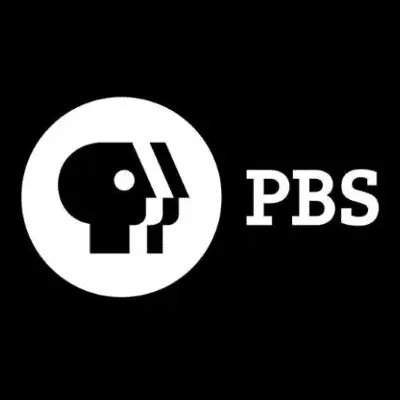Richard Nixon hated PBS, but his Watergate hearings was a game-changer for public television
-

When PBS launched 50 years ago this week, the then-president "did not want another national news outlet criticizing his presidency, especially one receiving federal funding," explains the Los Angeles Times' Stephen Battaglio. “I think it was primarily the fear of a fourth, as he saw it, ‘liberal’ network,” adds Robert MacNeil, the founding anchor of public television’s nightly newscast PBS NewsHour. Less than three years after its launch the Watergate hearings ended up changing everything for PBS. "While the inquiry that eventually revealed the involvement of the president’s reelection committee in the break-in and the cover-up by Nixon was of vital importance, the commercial TV networks were in a quandary over how much of the hearings to present live," says Battaglio. "Gavel-to-gavel coverage meant preempting regular programming and losing advertising revenue. At one point, ABC, CBS and NBC went to a daily rotation of continuous coverage; one network showed the hearings while the others stuck to their game shows and soap operas. But for noncommercial PBS, the hearings were an opportunity. For 47 days and nights in 1973, the service covered every minute of the proceedings and, for viewers who missed the ongoing daytime saga in that pre-DVR era, reran them in prime time. This created the foundation for PBS’ nightly news program The MacNeil-Lehrer Report, which exists today as the PBS NewsHour.” ALSO: From Sesame Street to The Civil War: Here are PBS' 13 greatest shows.
TOPICS: PBS, Richard Nixon, Watergate
More PBS on Primetimer:- Who are Henry Kissinger’s children? All about Elizabeth and David Kissinger amid PBS documentary release
- When will The American Revolution air? Release date and more details explored
- Who is Mychal Threets? Reading Rainbow returns with new host 20 years after final episode
- Unforgotten Season 6 Premiere Ending Explained: How Ram’s shocking return ties into the Cooper Murder Case
